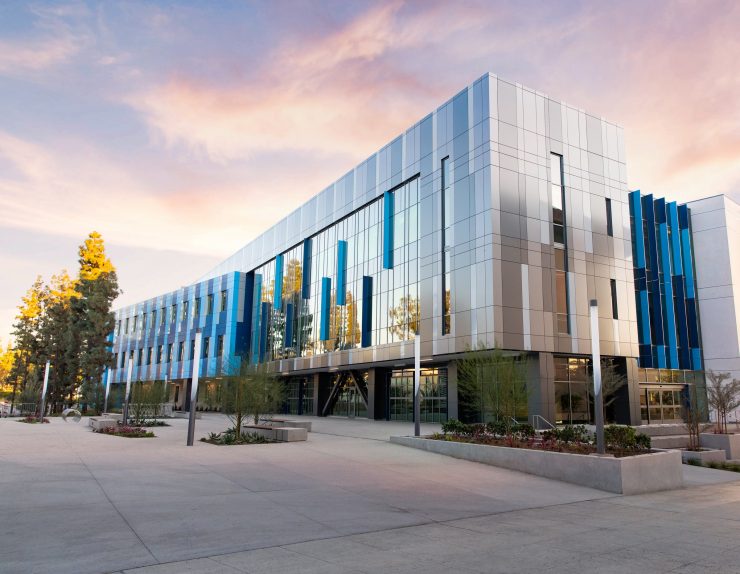Reference letters are one of those age-old burdens that no one has quite figured out how to streamline and make the whole process more efficient.
In a recent interview, even feminist icon and author Chimamanda Ngozi Adichie has admitted to copying and pasting reference letters for her many writing students over the years.
With the college admissions process becoming more and more competitive, this is just what many students have to fear: even professors who think the world of them can slip up and underdeliver, jeopardizing their chances of getting into the schools of their dreams.
And that is just the problem that Lucinetic, an early-stage Pasadena, CA-based startup, is aiming to solve with its Natural Language Processing (NPL) technology.
I spoke to Olga Batygin, the co-founder and CEO of Lucinetic about their team, the problem they’re looking to solve beyond the world of academia, and how they’re going about it.
Lucinetic co-founders Greg Laughlin, an astrophysics professor at Yale University and Konstantin Batygin, astrophysics professor at California Institute of Technology, met at a faculty-student mixer in UCSC, Olga recalls.
“They went on to work and publish together and Konstantin got an award for the best senior thesis of the year,” Olga says. “Konstantin strongly believes he would have never gotten into Caltech without Greg’s letter of recommendation.”
Steeped in the world of academia, the founders recognized how inefficient the process of reference letter writing was for everyone involved. They also realized they could do something about it.
“Konstantin and Greg got together and realized that they have the kind of combination of skills to be able to build a prototype,” she recalls.
Currently, Lucinetic has a small team of 10 people, including contractors, and is looking to close a pre-seed round in February. Lucinetic is testing the product with a small pool of alpha users ahead of the official launch in August 2022. They also have a waiting list.
At its core, the issue Lucinetic team is trying to solve is the time spent on writing letters, the inefficiency of the whole process, as well as the quality and impact of the final product.
Based on their market research and investor deck reviewed by Icebreaker, they estimate that US professors write 190,000 letters a day, spending millions of hours on these tasks annually.
Given their academic background, it’s not surprising that they dive deep into the history of recommendations, providing context for what kind of transaction reference letter writing really is.
“Letters of recommendation started in 45 BC, with Cicero,” Olga says. “So in 2000 years, this process hasn’t really changed – maybe it was Papyrus and now it’s a computer, but the process has not actually changed – so we’re transforming that for a new millennium.”
Approaching the problem of reference letter writing as a form of authentication of trust in another person, the team set out to develop and automate high-quality, accurate text.
Lucinetic’s NLP solution is focused on creating quality, long-form text generation.
“Most NLP-based solutions have difficulties in long-form text generation,” Olga explains. “What we’re doing is different because we’re employing NLP to create long-form text, which is not possible with the Generative Pre-trained Transformer 3 (GPT 3) or any other transformer model.”
This approach includes creating different AI voices, and “matching people to those different voices.”
So in practice, a student sets up an account, enters their information and shares everything with their professor. The reference writer would then have a more formal structure and all the help and information from the student, but still be in charge of the final output.
The ultimate goal is to improve the whole process so much that requesting, creating, and reading a well-written, effective recommendation letter will become much easier and faster.
They’re also already exploring applications beyond the world of academia.
“We are already in the process of working with a couple of companies to identify how to improve that in the best way,” Olga says. “It is something that’s always on our mind; our technology is very adaptable to different kinds of letter writing.”
The service will be free for students, and either the letter writers or the institutions will pay a monthly subscription fee for the service.
The founders also hope their product can help improve access to excellent education.
“As a person who was born in Russia and moved here as a child, I had a little bit of time to kind of understand the landscape of what it means to apply to university, but my parents didn’t,” Olga notes. “It’s really difficult to understand a system that you need to prepare your child for – this is where I think it’s going to make a real difference.”






Add comment